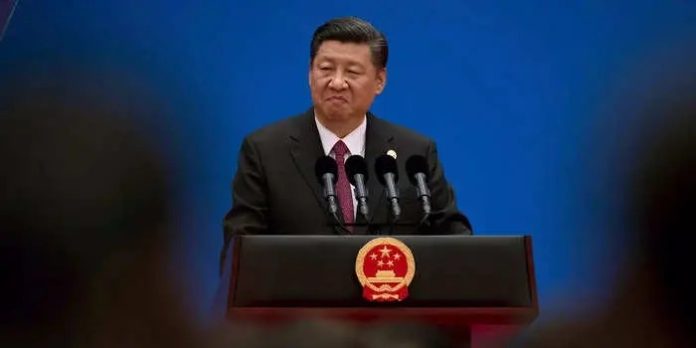China’s economy continues to trend in the wrong direction.
In the latest sign of the country’s worsening deflation problem, fresh data showed consumer prices in China tumbled in January at the sharpest rate in 14 years.
The National Bureau of Statistics attributed the deflation numbers to floating holiday effects, given that Lunar New Year occurred in January 2023 versus this year’s February date, though the figures suggest potential spillover for the global economy.
China’s January CPI fell 0.8% compared to a year ago, more than the 0.5% decline forecasted by Bloomberg economists.
On an annualized month-over-month basis, consumer prices fell 4.3%, with particular weakness in food prices. Measured year-over-year for January:
• Pork prices fell 17.3%
• Vegetable prices fell 12.7%
• Fruit prices fell 9.1%
The producer price index, too, dropped 2.5%, while service prices climbed at 0.5% on the year, half the rate seen in December.
“The disinflationary pressure from ongoing property downturn points to a delayed reflation path for China,” strategists at Goldman Sachs wrote in a Thursday note.
Deflation points to weak consumer demand and confidence, which is a symptom of the ongoing property market crisis in the country. Because Chinese households have the majority of their wealth tied to real estate, the downbeat, uncertain outlook has made people spend less and save more.
The more consumer prices fall, the more difficult it will be for Beijing to reverse. Foreign investors have already fled Chinese markets in droves over the last year, and ongoing deflation could spell trouble for earnings of Chinese companies.
Bloomberg economists forecast deflation to continue at least through the first half of 2024. Policymakers should provide more clarity on potential stimulus measures in March when the national budget is released.
Researchers at the Institute of International Finance wrote in a recent report that China is at risk of a “debt-deflation spiral.” Tumbling prices have hurt corporate earnings, stock prices, wage growth, and tax revenues, in their view.
Should policymakers fail to act, the IIF warned that deflation expectations could become even more entrenched, further weakening domestic demand and repelling foreign investment.

































